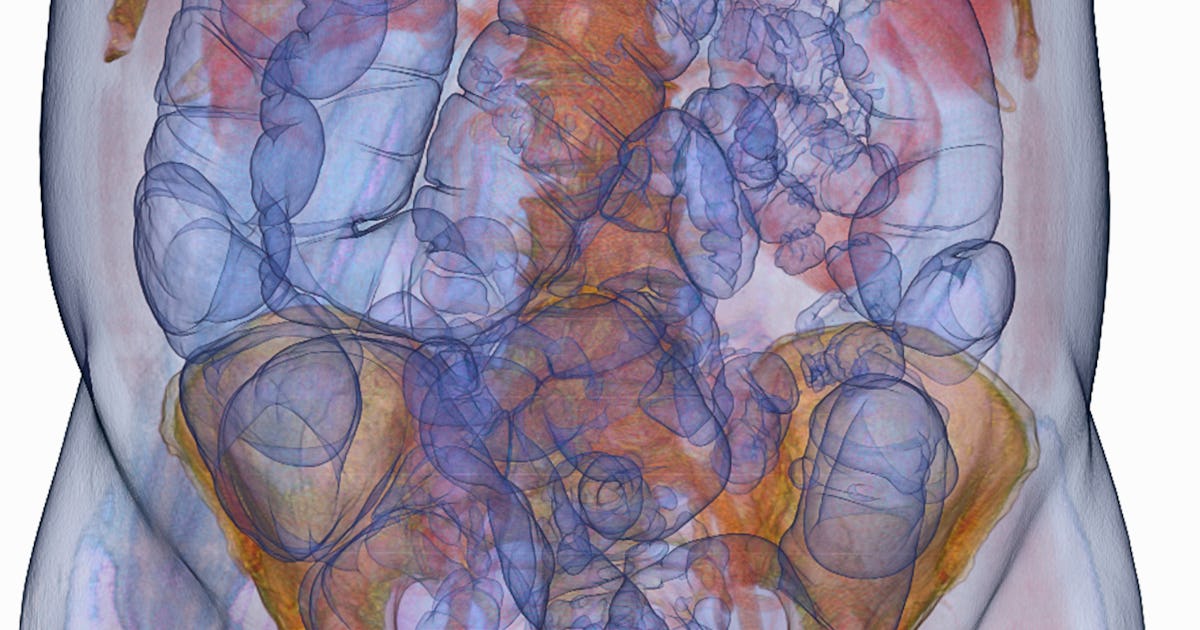Wisdom is hard to define. There are those we know are wise – Gandalf, Obi-Wan Kenobi, Kermit the Frog – but why they are wise is more challenging to say. According to scientists, there is no single, all-encompassing definition of wisdom. But what they do know is that one state of being has an inverse relationship to wisdom: loneliness.
Tanya Nguyen is an assistant professor of psychiatry at the University of California, San Diego. She is very interested in the evidence that suggests that people who are considered wiser are less likely to feel lonely, and those who are lonely are less wise. She also studies the gut-brain axis, and how the relationship between the gut microbiome and the brain affects healthy aging.
Nguyen’s new study combines these two interests and finds that wisdom and loneliness affect the gut – or are influenced by the gut. Or maybe both. Either way, there is a connection – a behavioral, biological link that is ready to be explored, with the potential to inspire new treatments for the mind and body.
“We may not know for sure at this point, but I think it’s probably a bit of both,” Nguyen said. It was a cross-sectional study, meaning that it can show a connection, but cannot predict the ‘directionality of the relationship’.
“We know that loneliness can lead to other physiological changes in the body, so it is feasible that the changes may also involve the microbiome, or even cause it,” she says.
“Or vice versa, maybe a specific microbiome can change social behaviors that lead to loneliness.”
The link between the gut and behavior
When it comes to the influence of the gut on the self, most of our animals come. Nguyen explains that studies on different animal species show that microbes can create cues that are used in social interactions and communication. For example, rodent studies suggest that changes in the gut microbiota can modulate emotional behavior, including depression and anxiety.
We have not yet done equivalent research among humans, but earlier research has associated the microbial diversity and composition of the gut with certain personality traits and psychosocial structures. For example, a study conducted in March 2020 in the Human Microbiome Journal people who are more social have a more diverse gut microbiome, while people who are more anxious have a less diverse gut microbiome. But it is important that it is a perceived association – not a cause and effect.
Nguyen and her colleagues’ study, published in the journal in March Boundaries in psychiatry, is the first to show loneliness and wisdom related to gut microbial diversity and composition.
What has been discovered – The team analyzed the stool samples from 184 study participants between the ages of 28 and 97, along with their self-reported levels of loneliness, wisdom, compassion, social support, and social engagement. These fecal samples helped the team measure the diversity of microbial intestines.
They looked at alpha diversity – which is the “ecological richness” of microbial species within a person – and beta diversity, which are the differences in the microbial community between humans.
“… aspects of mental health and wellness are very closely connected for our physical health. ”
In general, higher levels of wisdom, compassion, social support, and involvement have been found to be associated with more diverse intestinal microbiomes. Loneliness has meanwhile been associated with a subdued microbial diversity, especially among older adults, which with previous work suggests that older adults are particularly vulnerable to the health consequences of loneliness.
Yet ‘the mechanisms by which loneliness, compassion and wisdom relate to gut microbial diversity are unknown’, the team writes. Other research has found that there is an association between diminished alpha diversity and poorer physical and mental health, while low microbial diversity is also associated with conditions such as major depression.
The study suggests that there is a possibility that lonely people may be ‘more susceptible to the development of various diseases’, while social support, compassion and wisdom may ‘provide protection against the instability of the intestinal microbiome’.
What’s next – Can the defense of loneliness promote intestinal health and in turn help with healthy aging? It is possible. One can increase wisdom through behavioral interventions. This study is a sign that is a smart choice for general well-being.
‘The most important message [of the study] is that aspects of mental health and well-being are very closely related to our physical health, ”says Nguyen.
“Even apparent ‘unclear’ concepts, such as loneliness and wisdom, can be related to and perhaps even influenced by ‘hard’ biological entities. Loneliness contributes to real medical illnesses [even mortality], and the intestinal microbiome may be an important factor in this regard. ‘
This complex interaction between the gut and the brain, says Nguyen, has been known for centuries. Some of the earliest reports related to gastrointestinal functioning and mental health date back to the late 18th and early 19th centuries. But over the past five years, there has been evidence of a renaissance in gut-brain research due to technological advances in the order of microorganisms.
Next, she wants to study the gut microbiome over time in an effort to understand the chicken-and-egg connections here. Does the gut affect behavior, does it drive loneliness or does loneliness affect the gut? The answer could help experts know how they could possibly intervene and ‘develop therapeutic agents to improve mental health and aging’, says Nguyen.
